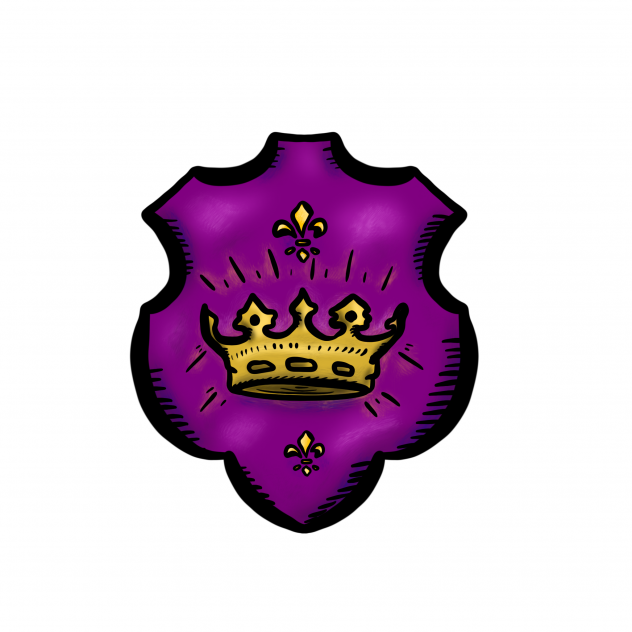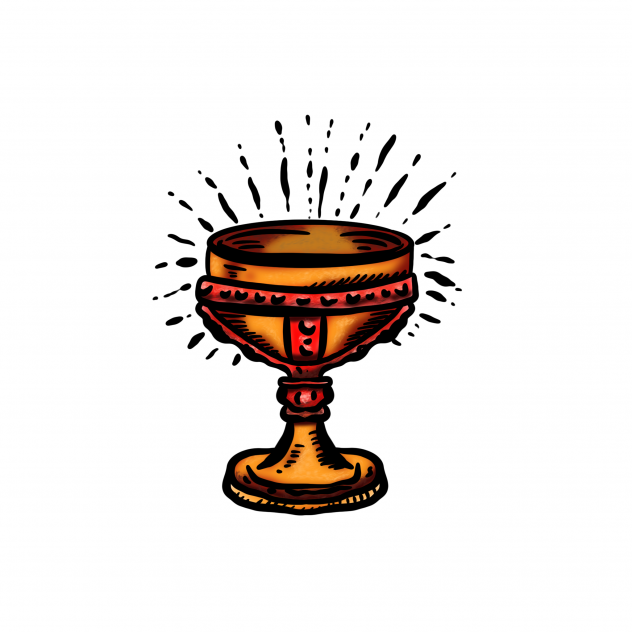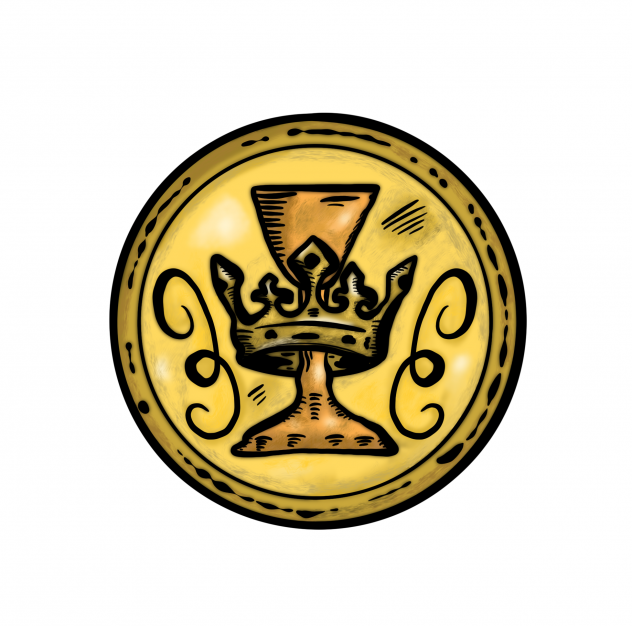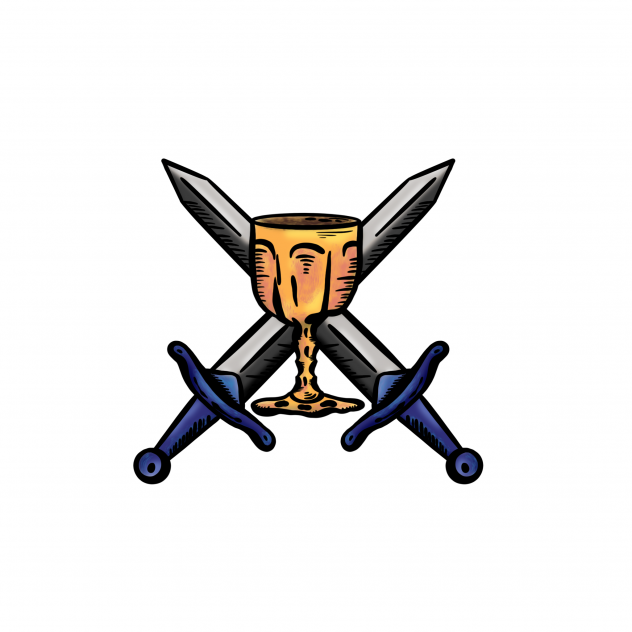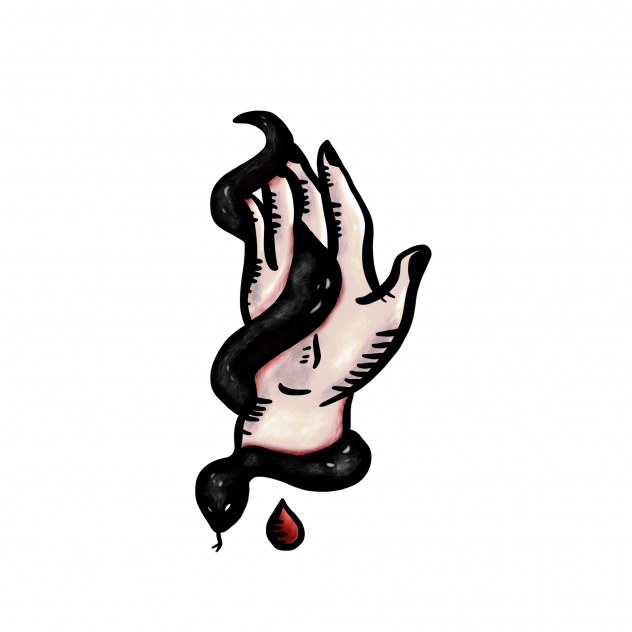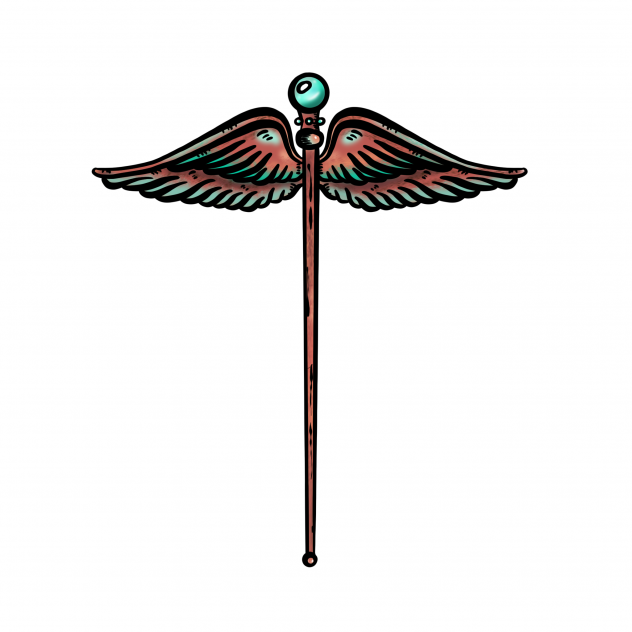Troubadours
Even before the Davite Consolidation, Troubadours walked the lands. Their exact origins are lost to the ravages of time, but it is speculated that the Troubadour, commonly called a bard or a minstrel, can claim his roots in the Daravi Protectorate. Regardless of their origin, the calling of the Troubadour is a lonely one, albeit much honored. During the Consolidation, the Troubadour was given free passage through the lines of all sides involved – and undoubtedly padded his own pockets as a courier and spy for the highest bidder. They were welcomed by all for the news they could bring of the enemy, of strife in other areas, and the morale boost they undoubtedly gave the troops. It is said that King Dav kept Gweran, said to be the greatest Troubadour of his time, close to his side during the consolidation – and the bards say that the only time Gweran was absent was during Dav’s defeat by Vavard.
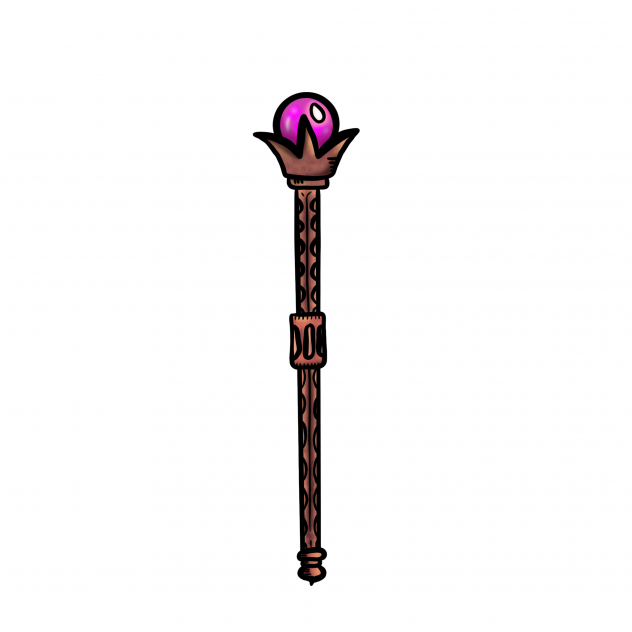
A Troubadour is well respected for his or her skills as a storyteller, singer, and instrumentalist Some are known for exceptional skills in acting, poetry recitation and acrobatics. They are known to walk the lands, traveling from city to city and performing in exchange for a pittance, a place to sleep, and a partaking of a meal. Easily recognizable by their brightly colored cloaks and the scepter which is a mark of their trade, a bard is a welcome guest at any fire or inn.
The Troubadour has little stock for political intrigue, and will walk away from someone they suspect of manipulating them. On the other hand, however, they are known to be exceptional diplomats and often act as councilors in small towns, their knowledge of history and folklore making them precious advisors to peasant and noble alike. In some towns, showing no respect to a troubadour is often considered as blasphemy. And more than one town drunk or impudent noble has found himself the subject of the most scathing of troubadour verses. The way of the troubadour is a mysterious one. Most consider their way of life as a calling and think of their art as a way to bring joy and enlightenment to other’s lives. They speak of feeling compelled to practice their art. In their journeys they are known to not only hone their skills, but pick up the tongues of other duchies, due to their durations away from home. They also bring with them news of the places they have been, keeping peoples at a distance connected. This gives them the distinct advantage, yet discomfort, of having a monopoly on knowledge. Bards who have completed their journeyman training are highly regarded, gaining the prefix ‘op’ before their surname. Likewise, it is not unusual for them to be granted the same courtesy as minor nobility.
To seek the Troubadours, type seek troub.
